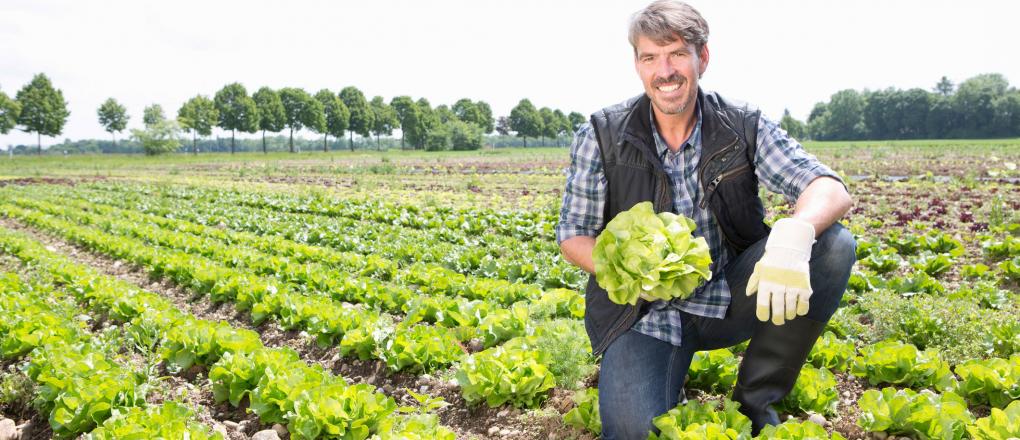Food processing is the set of operations performed on raw or semiprocessed food materials to transform them into safe and marketable food products. Safe and sustainable food processing is crucial for ensuring the safety, quality, and accessibility of food for consumers, and for protecting the environment and public health.
Safe food processing refers to the use of proper techniques and equipment in handling, processing, storage, and distribution of food, to prevent contamination and adulteration by microorganisms, chemicals, or physical agents. This includes measures such as using clean water, hygienic facilities, and appropriate food additives, and following good manufacturing practices (GMPs), Hazard Analysis and Critical Control Points (HACCP) plans, and other food safety guidelines.
Unsafe food processing, on the other hand, can lead to foodborne illnesses, spoilage, waste, and environmental pollution. Foodborne illnesses are caused by consuming food contaminated with harmful bacteria, viruses, parasites, toxins, or allergens, which can cause symptoms ranging from mild gastroenteritis to life-threatening conditions such as botulism, salmonellosis, E. coli infections, or listeriosis. Food spoilage refers to the deterioration of food quality due to microbial or enzymatic activity, causing off-flavors, discoloration, or texture changes, and making the food unappealing or unsafe to eat. Food waste refers to the loss of edible food during the production, transportation, or consumption stages, due to various factors such as spoilage, overproduction, or lack of infrastructure or distribution systems. Environmental pollution refers to the negative impact of food production and processing on the natural resources and ecosystems, such as soil degradation, water contamination, greenhouse gas emissions, or deforestation.
Sustainable Food Processing
Sustainable food processing refers to the production and processing of food in a way that meets the nutritional, social, economic, and environmental needs of present and future generations. This includes using resources efficiently, reducing waste and emissions, promoting biodiversity and animal welfare, and ensuring fair trade and social equity. Sustainable food processing aims to achieve food security, which means that all people have access to safe, nutritious, and culturally acceptable food at all times, without compromising the integrity of the ecosystems and the livelihoods of the producers.
Safe and sustainable food processing has several benefits for consumers, producers, and the society. For consumers, safe food processing ensures that the food they eat is free from harmful contaminants, has good quality and taste, and is produced in a way that respects their health, culture, and environment. For producers, safe and sustainable food processing can result in higher yields, better marketability, and improved income and welfare, as well as reduced costs and risks of litigation or regulation. For the society, safe and sustainable food processing can contribute to job creation, poverty reduction, environmental protection, and health promotion, as well as to food security and sovereignty.
Advertising

To promote safe and sustainable food processing, various initiatives and policies have been developed at the national and international levels, such as the Food Safety Modernization Act (FSMA) in the US, the Codex Alimentarius Commission (CAC) of the WHO and FAO, or the Sustainable Development Goals (SDGs) of the United Nations. These initiatives aim to improve the science, technology, governance, and education of food processing, as well as to foster collaboration and innovation among stakeholders in the food industry, academia, government, and civil society.
In conclusion, safe and sustainable food processing is essential for ensuring the health and wellbeing of consumers, producers, and the environment. By adopting good practices and policies, we can ensure that food processing is a responsible and rewarding activity that contributes to the development and resilience of our societies. Let us all work together to make safe and sustainable food processing a reality for everyone.

